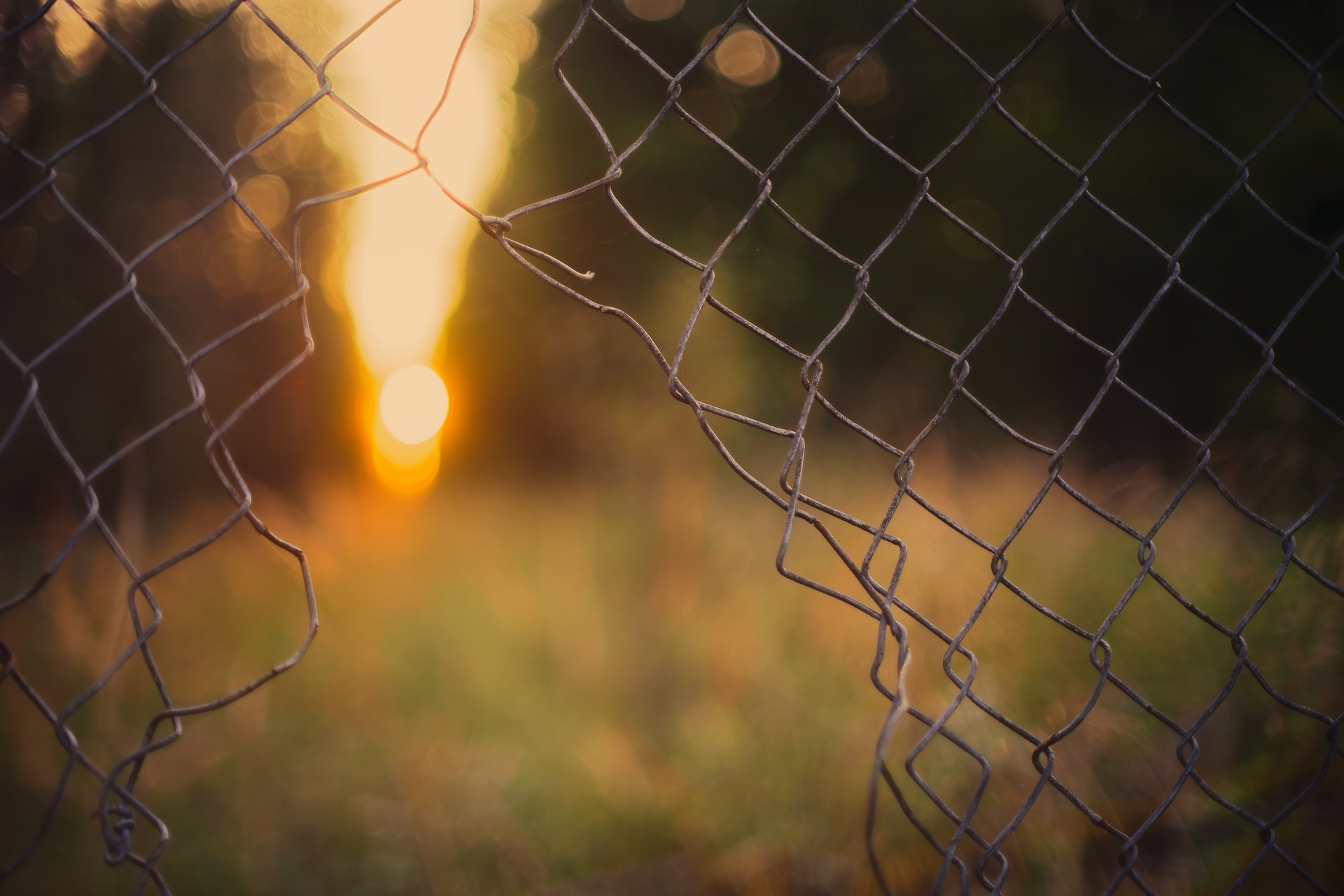The coronavirus outbreak we have seen since the end of 2019 has affected people around the world. Italy was one of the first affected countries, where measures in the form of strict isolation significantly changed people’s sleep patterns. This problem interested a group of Italian researchers (Scarpelli, Gorgoni, Alfonsi, Annarumma, Di Natale, Pezza, and De Gennaro), who conducted an online survey of 90 subjects in the last week of full lockdown and the first week after it.
Every morning, within 15 minutes after waking up, the participants recorded their dreams on a dictaphone, and then filled out a dream diary. The analysis of these materials showed that during the period of strict isolation, people experienced a greater number of awakenings, fell asleep with more difficulty, remembered their dreams more often, and were more conscious in their dreams.
The authors call the large number of lucid dreams (LD) reported during the lockdown period “a completely original finding.” When people realize that they are dreaming, they have the ability to control their dream and regulate their emotions. This, according to the researchers, became a way for people to cope with long-term psychological trauma.
In addition, the authors suggest that difficulties in falling asleep and sleep fragmentation during the night may be associated with a high level of arousal and stress during the day. The study also found more dreams set in crowded places, which, of course, is quite understandable.
Did you notice an increase in the number of lucid dreams during the period of strict isolation?
The article was published in July 2021 in the Journal of Sleep Research.




